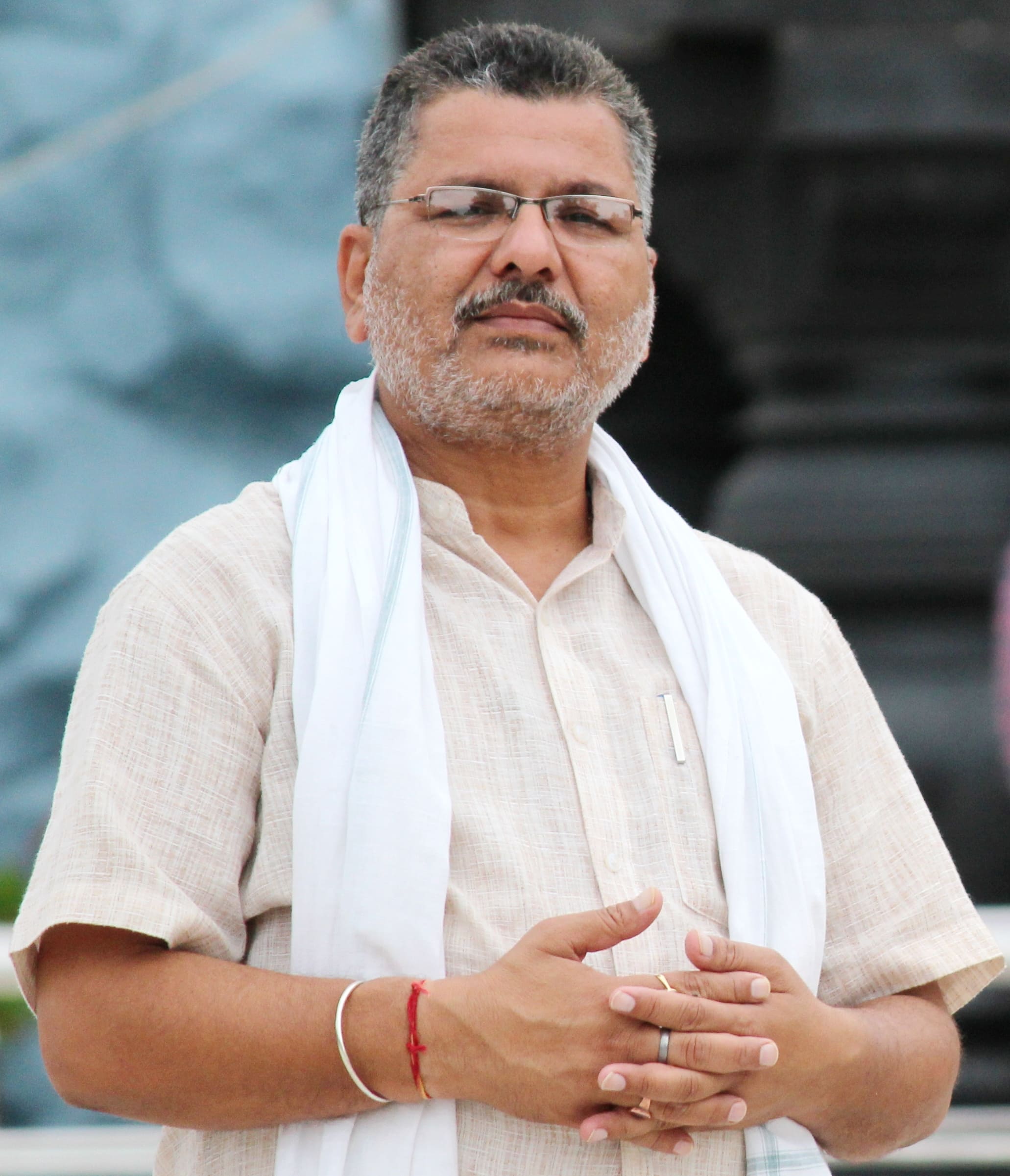Contact Us

देव, ऋषि और पितृऋण की तरह मातृभूमि का ऋण भी प्रत्येक मनुष्य पर अवश्य ही है और
इस ऋण से मुक्ति का यथासाध्य प्रयास करना ही चाहिए, लेकिन हमारी मातृभूमि का
क्षेत्र विस्तृत है। ऐसे में धरती के सबसे महत्वपूर्ण अंग और माता सरीखी नदियों
की सेवा के साथ पानी के परंपरागत संसाधन की सेवा करने का संकल्प एक बडा कार्य
हो सकता है।
बंधुओं, आधुनिकता के प्रभाव में हम अपनी परंपराओं को भूल गये, जिसके बाद
विनाश का नज़ारा एक के बाद एक कर सामने है। दरअसल पानी, वन, पर्यावरण और जैव विविधता
आदि प्रकृति के उपहार को समाज अच्छी तरह से जानता व समझता जरूर है, लेकिन वह कागजी
ज्ञान तक सीमित रह गया है। क्योंकि इनके साथ हमारा व्यवहार बिलकूल विपरीत हो रहा है और उसका
परिणाम भी भुगत रहे हैं। आज पृथ्वी पर ग्लोबल वार्मिंग से लेकर पानी की कमी तक का कारण अपनी
परंपराओं को भूल जाना है।
हमारे पूर्वज भले ही कम पढ़े-लिखे इंसान थे, लेकिन इनके महत्व को समझते थे और इनकी पूजा करते थे।
पूर्वजों ने जिसकी पूजा की, उस नदी, तालाब आदि को हम समाप्त कर चुके हैं। ऐसे में लोक चेतना ही पर्यावरणीय
संकट से हमें बचा सकती है। क्योंकि यह केवल सरकार ही नहीं, बल्कि हमारी भी जवाबदेही है।
About
Pankaj Malviya
Pankaj Malviya is a Sr. Journalist and social activist working on Environmental issues. He is active in media world from last three decades. Been raising and writing on the issue of water related problems. His Birthplace in the lap of Holy River Ganga (Fatehpur Village of Raghopur Block under Vaishali district of Bihar State). Born on an auspicious night of Holika Dahan in the year 1966, his educational and spiritual learning were also completed on the banks of River Ganga, in Dighwara, Saran District of Bihar. He is Active in media world since 1991 and worked for NavBharat Times, Dainik Jagran, Nai Duniya, Prabhat Khabar, Aaj Hindi daily. He is continuously working for the betterment of the society and has been making people aware about mother nature and its resources through his articles and work on ground. He started working actively for Ganga and the natural resources of water from the year 2014. Apart from working for the betterment of natural resources such as rivers, ponds and ground-water, there has been an active participation in programs organized for raising public consciousness towards our natural resources and their conservation. After completion of his personal journey from Chausa in Buxar district, where river Ganga enters in Bihar to Farakka baraj located in West Bengal to understand the problems of Ganga, he is continuously working for the Ecological flow of Holy River Ganga and her tributaries. Sir Pankaj Malviya, has his believe that government cannot be held responsible for bringing all the changes required in a society. We as a citizen of India hold certain responsibilities towards our nation and that includes working for the betterment of the natural resources available around us. His thoughts include, “we as a society has developed this feeling and habit of working towards one’s individual betterment rather than that of a society as a whole and this serves as a root cause for many a problem faced by society today”. To change this notion and to bring positive changes around us he has included the method of community participation while working towards the conservation of resources. His work mainly revolves around the idea of taking ownership of the work required to be done for building a better society without leaving it as a work to be done by the government or blaming the government. He strongly believes that while government is and has been working towards conservation of Forests, Rivers and other natural resources but the factor which has been missing and is responsible for the government actions not yielding desired result is ‘Community Participation’ and it is this factor which makes us different from our ancestors and which is not the right way to be evolved in. His work speaks for themselves as he has been successful in promoting public participation in community work and bringing people close to their culture and heritage which needs to be passed on from generation to generations in order to develop ownership among youths and made them understand about the importance of the growth of not only an individual but also that of the society as a whole.
